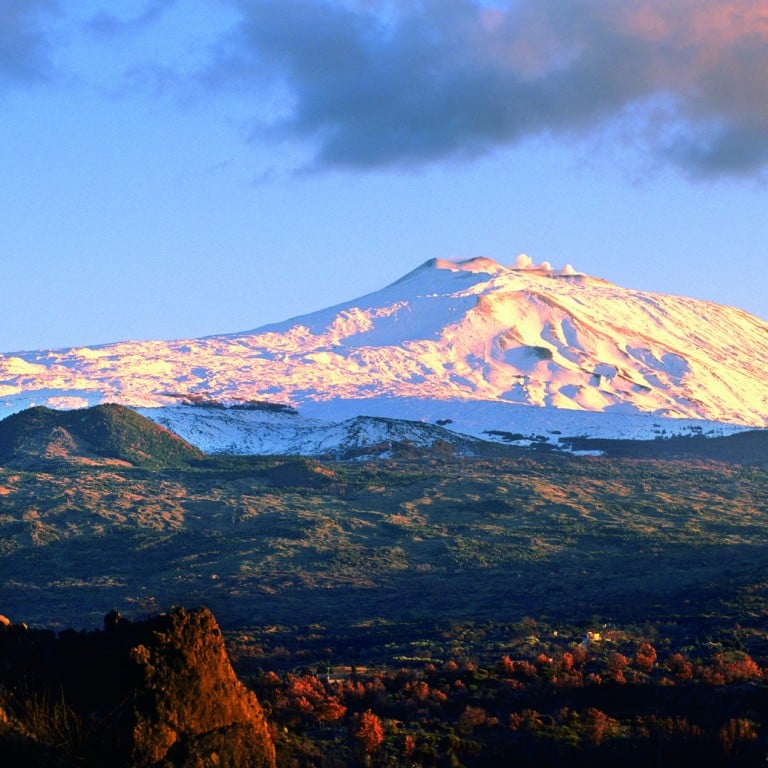Volcanic soils in Italy, Greece, Israel, Hawaii and Madeira produce unique wines

Volcanic soil produces top-quality wines with rich flavours and aromas
The essence of wine is romance. Apart from its ancient roots, it is the visceral production process and that deep enjoyment of the final product that lend it its ardour and mystique. Most of us are familiar with the long trusted wine regions of the world - Bordeaux, Napa Valley, Stellenbosch - but lesser known are the small groups of vintners rediscovering alternative fountainheads to wine creation, such as vineyards located in regions known primarily for their volcanic activity.
The making, and enjoyment, of wine is absolutely ancient - it has been around almost since the beginning of man. There was rarely a time on the planet that humans didn't have some involvement with wine. There is archaeological evidence that shows that the earliest production of wine from fermenting grapes was during the late Neolithic or even early Chalcolithic period in the Caucasus area and into the northern parts of the Middle East.
The first chemically attested grape wine, according to Patrick McGovern, the scientific director of the Biomolecular Archaeology Project for Cuisine, Fermented Beverages, and Health at the University of Pennsylvania Museum in Philadelphia, dates back to 5400BC and was found at Hajji Firuz in the northwestern Zagros Mountains of Iran. In recent years, the world of wine has dramatically opened up. Wine aficionados now have easy access to wines from all over the globe thanks to buoyant economies, better quality vintages and improved grape yields on all the continents. But this has led to the desire for vintages sourced off the beaten path and the need for wine devotees to find the most interesting and unusual bottle of wine - not only at the local wine store or while dining, but also in their explorations of the unorthodox wine regions of the world. That is how volcanic soils came up for consideration.

One of these regions is in Soave, close to the city of Verona in Italy, where a band of ancient volcanic soil lies among the chalk, clay and alluvial soils. Although the hills around the Soave region are not as dramatic as the more active volcanoes of the world, the vineyards benefit nonetheless.
According to Soave Consortia's lead oenologist, Giovanni Ponchia, it is quite easy to find great wine productions in volcanic and former volcanic areas. "The only risk is if you plant a vineyard in a soil covered by a recent lava flow, it will be probably completely without organic matter".
As organic matter increases in the soil, so does the soil's ability to hold water - necessary for grapes to grow extremely well.

Volcanic rocks constitute high levels of macro-porosity in soils and according to Ponchia, "these pores allow the rocks to store water up to 100 per cent of their weight and then release it very slowly, thanks to their high water retention coefficient. This makes them a water supply of notable importance for the root systems of the vines, especially in years with little rainfall or even drought". He goes on to say that when the roots breathe actively, they derive benefit from the contact with porous gas-filled rocks that are "released to meet the needs of the plant".
Of the three types of soil in Soave (sandy, calcareous and volcanic), the volcanic wines come from dark volcanic soils that produce wines that are said to be riper, weightier, richer, and with texture and minerality that are the most age worthy, according to Jamie Goode in his book .
